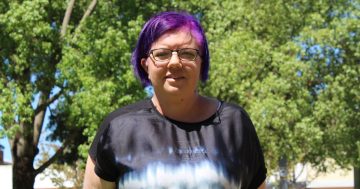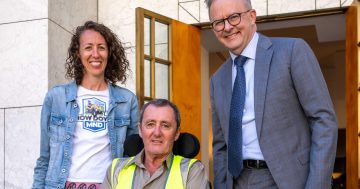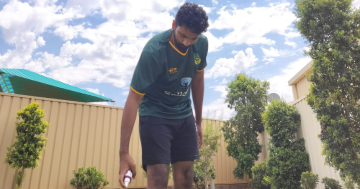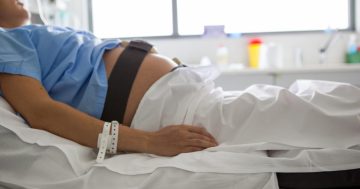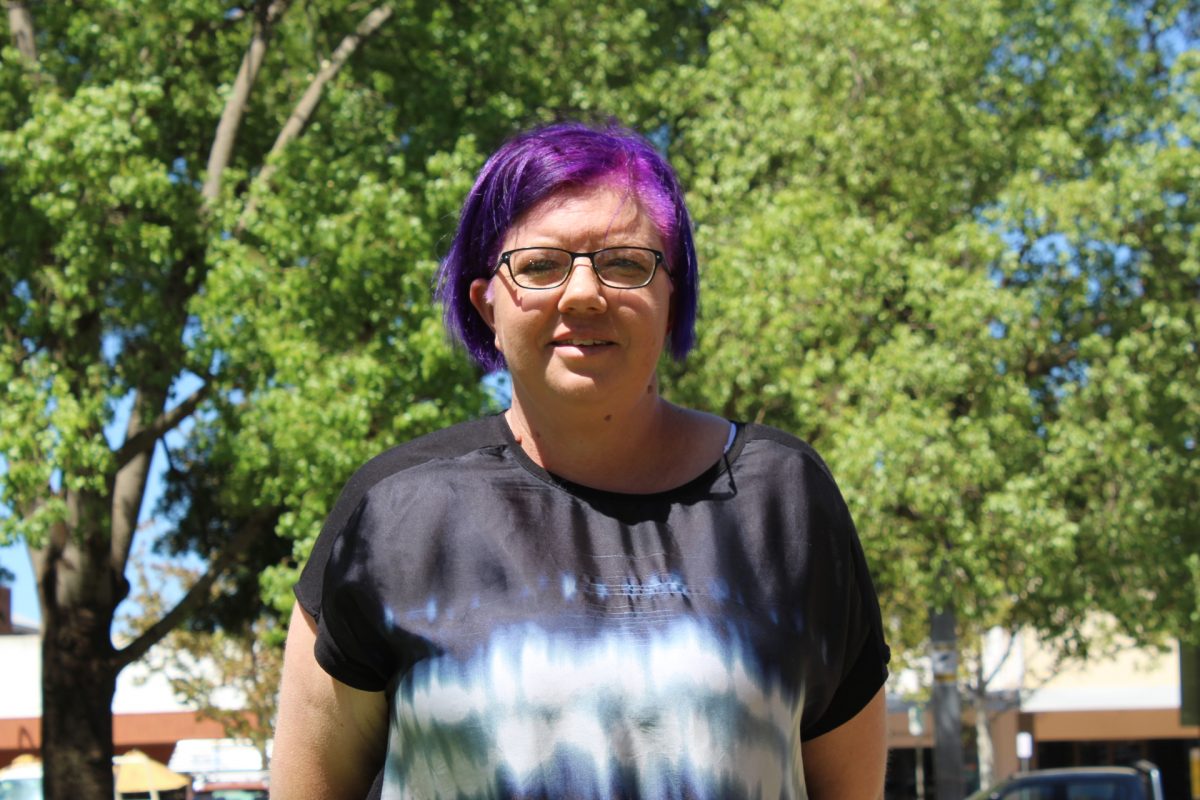
Tania Magoci says she won’t give up her fight for MND funding. Photo: Oliver Jacques.
A groundbreaking study on the cause of abnormally high rates of motor neurone disease (MND) in the Riverina has collapsed due to a lack of NSW Government funding.
MND is a serious illness that damages a person’s nervous system, weakening muscles such that a sufferer loses their ability to walk, speak, swallow and breathe, before they ultimately lose their life.
An initial study by Macquarie University in 2015 found the rate of MND in the town of Griffith was seven times higher than the national average. Researchers appealed to the NSW Government to further their investigation to find out the cause of the unusually high rate in the Riverina town but have been turned down for numerous grants.
French-born Professor Gilles Guillemin, who was leading the Riverina-based research, appealed directly to the NSW Health Minister Brad Hazzard for funding in late 2021.
“I had a good meeting with Minister Hazzard, he even spoke some French with me. After the meeting, NSW Health was supposed to follow up with me. But I heard nothing from them,” he said.
“We don’t have any money to continue our research. I have applied for so many [NSW Government] grants but keep getting rejected. I’ve stopped applying because it’s clearly a waste of time.”
Overseas studies suggest exposure to a bacteria known as blue-green algae in waterways over a long period could be a triggering factor linked to high MND rates. Frequent algal blooms in Griffith’s Lake Wyangan has led to speculation that this may be a cause, but a link has not been conclusively proven.
Mr Guillemin and his team were planning to conduct further studies within the Riverina to further explore a possible link between algal blooms, pesticides and metals and MND rates. But this research has collapsed due to a lack of NSW Government support.
Griffith hairdresser Tania Magoci, an MND sufferer who spent considerable time at Lake Wyangan when growing up, says she is fed up with government inaction.
“It’s so frustrating,” she said. “If we could find what’s causing the high rates of this illness, we could develop ways of preventing it or helping those suffering.
“I won’t give up my fight for this funding.”
As a third-generation sufferer of the disease, Ms Magoci is desperate to know more. She has spent the past 10 years fighting hard to get the NSW Government to fund the Macquarie University research. But she says her calls have fallen on deaf ears. At one point, she was even driving urine samples to Sydney herself to assist with Mr Guillemin’s underfunded study.
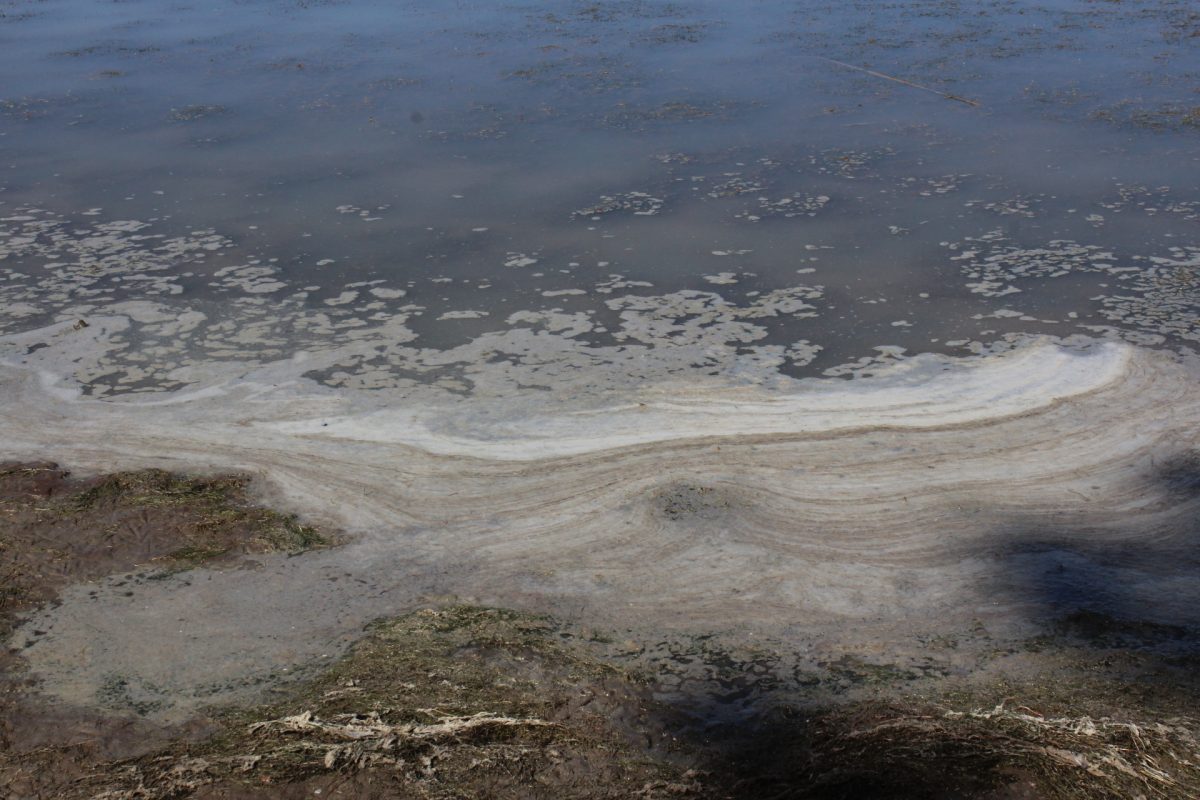
Lake Wyangan water pollution in 2020. Photo: Oliver Jacques.
Macquarie University research indicates Wagga, Leeton, Coffs Harbour, Tamworth and Port Macquarie are other hotspots for the disease.
There may be other hotspots in the state, but NSW Health does not classify MND as what’s called a ‘notifiable disease’, meaning they are under no obligation to record and monitor cases.
When asked by Region whether NSW Health intended to fund the Macquarie University Riverina research or classify MND as a notifiable disease in the future, a NSW Health spokesperson said:
“NSW Health is committed to supporting people affected by MND and to better understand the causes of the condition. This includes monitoring the rate and distribution of MND cases through routinely collected hospital admission and mortality data to support evidence-based decisions. These data may be provided to researchers, subject to approval of a research ethics committee and relevant data custodians.
“Generally, the conditions that are notifiable to the secretary of NSW Health are infectious diseases, such as COVID-19, which require a clearly defined public health response to limit transmission. Research that uses identifiable health information would usually require the informed consent of participants. NSW Health has continued to provide funding to the Motor Neurone Disease Association of NSW for over 15 years.
“In 2020-21, we provided more than $500,000 of grant funding to fund research and provide support, information and equipment loans to those living with MND and their families.”
None of the $500,000 of grant funding mentioned by NSW Health went towards the Macquarie University’s Riverina project, which has now ceased.
Original Article published by Oliver Jacques on Region Riverina.






